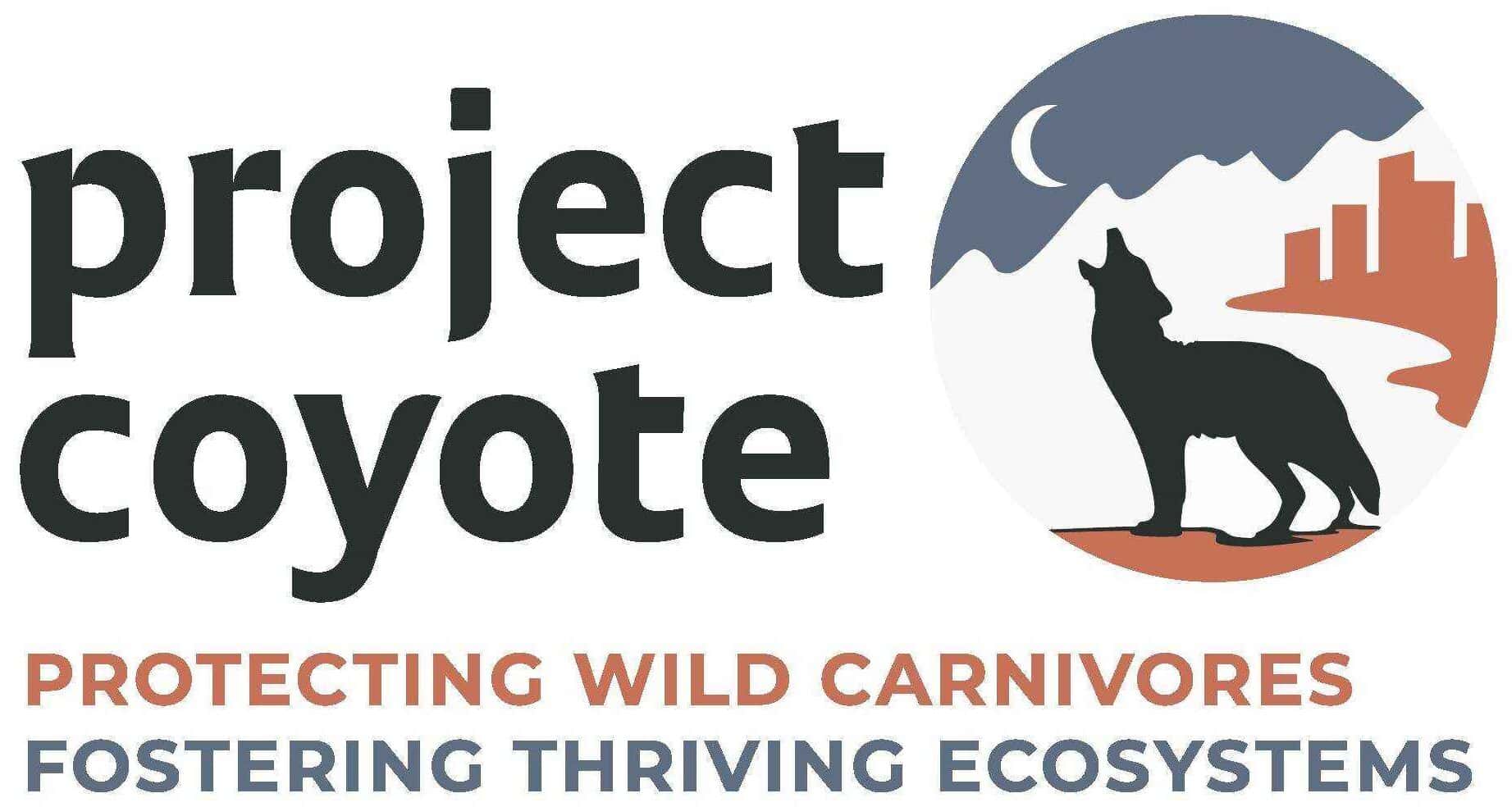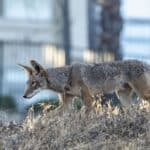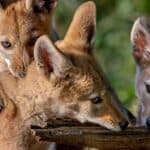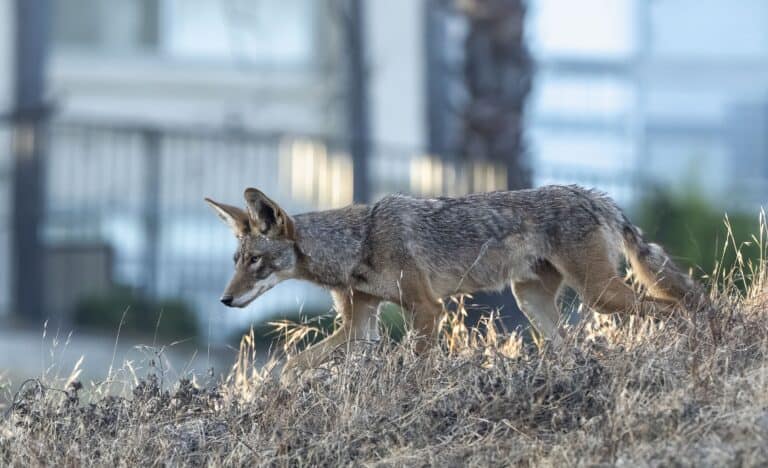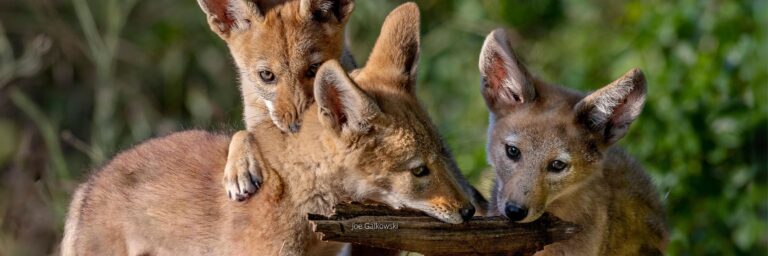The recent killing of six members of the Profanity Peak wolf pack in NE Washington in retribution for the loss of a few cattle is emblematic of what is wrong with public land policy. As I write, trappers are out to kill the remaining pack members – including 4-month old pups.
What is significant about the destruction of this pack is that the Profanity Peak wolves roamed national forest lands. These are our lands. They belong to all Americans and are part of our national patrimony.
Currently private commercial businesses such as the livestock industry are allowed to use public lands if they do not damage, degrade and impoverish our public lands heritage. Clearly the killing of this pack violates that obligation and responsibility.
What is particularly egregious about the on-going slaughter of the Profanity Pack is that it was essentially a preventable conflict. Had the rancher, whose cows invaded the wolf pack’s territory, been required to use other public lands, or better yet, simply lease private pasture, there would have been no livestock losses, hence wolf deaths.
Placing cows on top of a wolf pack territory is analogous to, and irresponsible as leaving picnic baskets or coolers out in a campground. In most national parks, if you leave a cooler or other food available to bears, you are fined for this careless behavior. We don’t blame the bear if it happens to eat that food. But when it comes to the livestock industry, we essentially allow four-legged picnic baskets to roam at will on our lands, and should a predator – be it a coyote, cougar, bear or wolf – kill one of those mobile picnic baskets, we don’t hold the rancher responsible, we kill the public wildlife.
This represents the wrong priorities.
We expect different behavior from people using public resources. I can, and do, mark up and highlight passages in books that I own in my personal library, but it would be inappropriate for me to mark up or otherwise damage books in a public library.
In a similar manner, we should expect different consequences for livestock owners who willingly use public lands (at almost no cost I might add) for their private commercial interests. In this case and others like it across the public lands of the West, we should expect ranchers utilizing public lands (our lands) to at the least accept any losses from predators that may occur while they are using public property. And if conflicts continue, we should remove the livestock, not the wolves or other predators.
It’s important to note that the mere presence of livestock negatively impacts wolves whether they are shot or otherwise killed.
Domestic livestock consume forage that would otherwise support the native prey of wolves, like elk. So more domestic animals means fewer elk. In essence, domestic livestock grazing public lands are compromising the food resources of public wildlife so that ranchers can turn a private profit.
Worse for wolves, especially wolves confined to a den area because of pups, as was the case in the Profanity Peak Pack, when domestic cattle are moved onto our public lands, it creates a social displacement of elk. In other words, elk avoid areas actively being grazed by livestock. If the livestock are grazing lands near a den site, then the wolves automatically have fewer elk to take and must travel further to find their dinner.
Who can blame the wolves if they take the most available prey—which is often domestic livestock. Robert Weilgus, a Washington State University professor, studying the Profanity pack noted that cattle were placed near the den site, or as he was quoted in a Seattle Times article as saying the cattle were released “right on top of the den”.
Some commentators, including Washington State University tried to discredit Wielgus suggesting the cattle were released about four miles away. What that demonstrates is either their ignorance of wolf biology or a not so-veiled attempt to confuse the public. If you are a wolf where regular daily hunting exclusions of 20-30 miles are common, four miles is a short romp. It is essentially “right on top” of the wolves.
If you place cattle within a dozen miles of a wolf pack you are essentially putting the livestock “right on top” of the wolves. And if the presence of cattle forces native prey like elk to abandon the area, can anyone blame the wolves if they resort to killing a domestic animal once in a while?
The loss of the Profanity Peak Pack has occurred near the same grazing allotment where another wolf pack was destroyed in 2012. This begs the question of whether any livestock grazing should be permitted in this area. It is obviously good wolf habitat—except of course for the presence of domestic animals. The only realistic long-term solution is to retire the grazing allotment. Either transfer the cattle to another portion of the public lands or, better yet, simply pay the rancher with a voluntary permit retirement to close the allotment and permanently remove the livestock.
George Wuerthner is an ecologist who has been studying predators for four decades. He serves on the Science Advisory Board of Project Coyote and is the author of 38 books including Welfare Ranching, Wildfire: A Century of Failed Forest Policy, Energy: The Delusion of Endless Growth and Overdevelopment, Thrillcraft, and Keeping the Wild.
